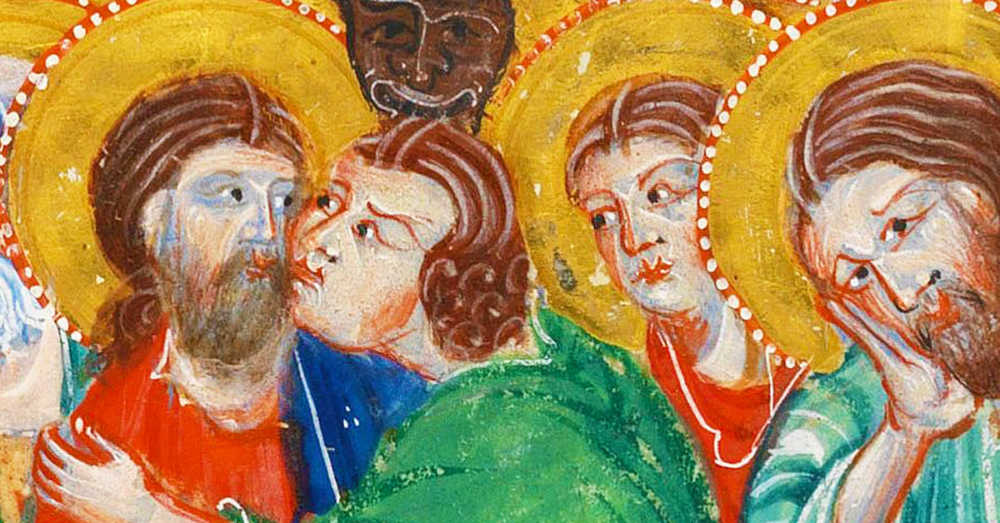We run our website the way we wished the whole internet worked: we provide high quality original content with no ads. We are funded solely by your direct support. Please consider supporting this project.
Did God Predestine Judas to Betray Jesus? (podcast)
Greg talks about the role Judas played in the crucifixion of Jesus and speculates about his potential for good.
Episode 516

Send Questions To:
Dan: @thatdankent
Email: askgregboyd@gmail.com
Twitter: @reKnewOrg
Greg’s new book: Inspired Imperfection
Dan’s new book: Confident Humility
Subscribe:
Category: ReKnew Podcast
Tags: Free Will, judas, Open Theism, Predestination
Related Reading

5 Observations about God Changing His Mind
One of the most significant passages that supports the open view of the future is found in Jeremiah 18. This is one of the numerous times where we find God changing his mind in response to events. By definition, one cannot change what is permanently fixed. Hence, every time the Bible teaches us that God…

Can Science Inform Our Theology?
Over the last century, we have witnessed a revolution in various areas of science that relate to how we see the world and even God. For example, the Platonic notion that time and change are less real than timeless stability is being abandoned in light of the fact that physicists work from the assumption that…

What is the significance of Jeremiah 42:9-16?
Through Jeremiah the Lord tells Israel “If you stay in this land, I will build you up and not tear you down; I will plant you and not uproot you, for I have relented concerning the disaster I have inflicted on you” (vs. 10). Then, a few verses later, he says, “However, if you say,…

If God anticipates each possibility perfectly, how does he differ from the “frozen God” of classical theism?
Question: If God anticipates each and every possibility as if each were only possibility, how does God ever experience novelty and adventure? It seems that a God who perfectly anticipated (from all eternity) every single possibility as if it were the only possibility would not differ from the timeless “frozen God” of classical theism Answer:…

Lighten Up: Underestimated
Frank Viola is at it again. He seems pretty confident that when he and I debate the Open Future this fall that he’ll smear me. That’s his prediction, anyway. The think is, I’ve been underestimated before. It happens all the time. People think I’m this goof who doesn’t know what he’s talking about. That’s OK…

What is the significance of Acts 27:10-44?
This is the passage deal with Paul’s ill-fated voyage to Italy as a prisoner. The ship ran into very bad weather and Paul announced, “Men, I can see that our voyage is going to be disastrous and bring great loss to ship and cargo, and to our own lives also” (vs. 10). As he reminded…



